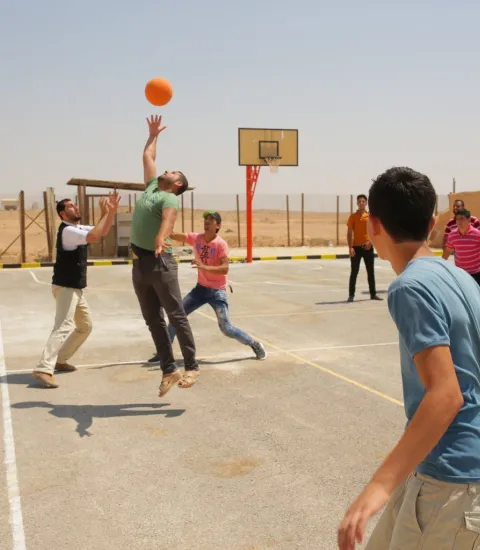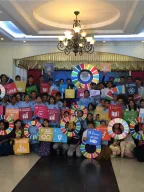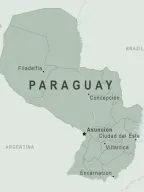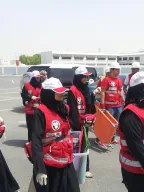
A Space for Change
The SDGs cannot be achieved without taking into account the rights and needs of refugees and other displaced people. The ‘Space for Change’ Centre aims to tackle the challenges and opportunities presented by displaced youth through harnessing the potential for volunteerism to develop skills, networks and confidence. Volunteering at the Centre creates new connections and social bonds that bridge groups within the camp population, while also strengthening resilience to respond better to emerging needs. For example, following the temporary closure of the center during the COVID-19 pandemic, 50 youth volunteers from the Center have reached more than 500 camp participants each month via 17 social media groups to spread awareness on youth wellbeing, health and prevention methods. The volunteer-led activities also offer a neutral space for youth to exercise rights that may be more difficult elsewhere in the camp. According to a 2018 independent evaluation of the Center, 99% of youth feel safe at the Center, with female youth reporting that they have never experienced harassment.
- The Center aims to promote the equal leadership and participation of women and men and this approach has faced some difficulties being accepted by groups in the camp community. To overcome this the project management team invested in building trust with parents and communities, and engaged key influencers from the camp. As a result 45% of youth who use the Center on a regular basis are female, with many receiving training to tackle issues that affect them, such as child marriage.
- As many of the volunteering opportunities in the camp and Centre are linked to incentives, the underlying principles of volunteerism are being challenged. The Centre volunteers are committed to revive traditional, non-monetized volunteering that is rooted in the daily practices of Syrian refugees’ lives. One of the ways they have tried to promote this is by launching a “Creativity Fund” in 2019 to promote non-incentivized volunteering by providing training and seed funding. To date 136 youth (86 females, and 50 males) have designed and implemented 30 youth-led initiatives under the Fund, reaching more than 2700 persons in the camp. 40% of the initiatives focus on addressing issues related to gender-based violence and child marriage.








